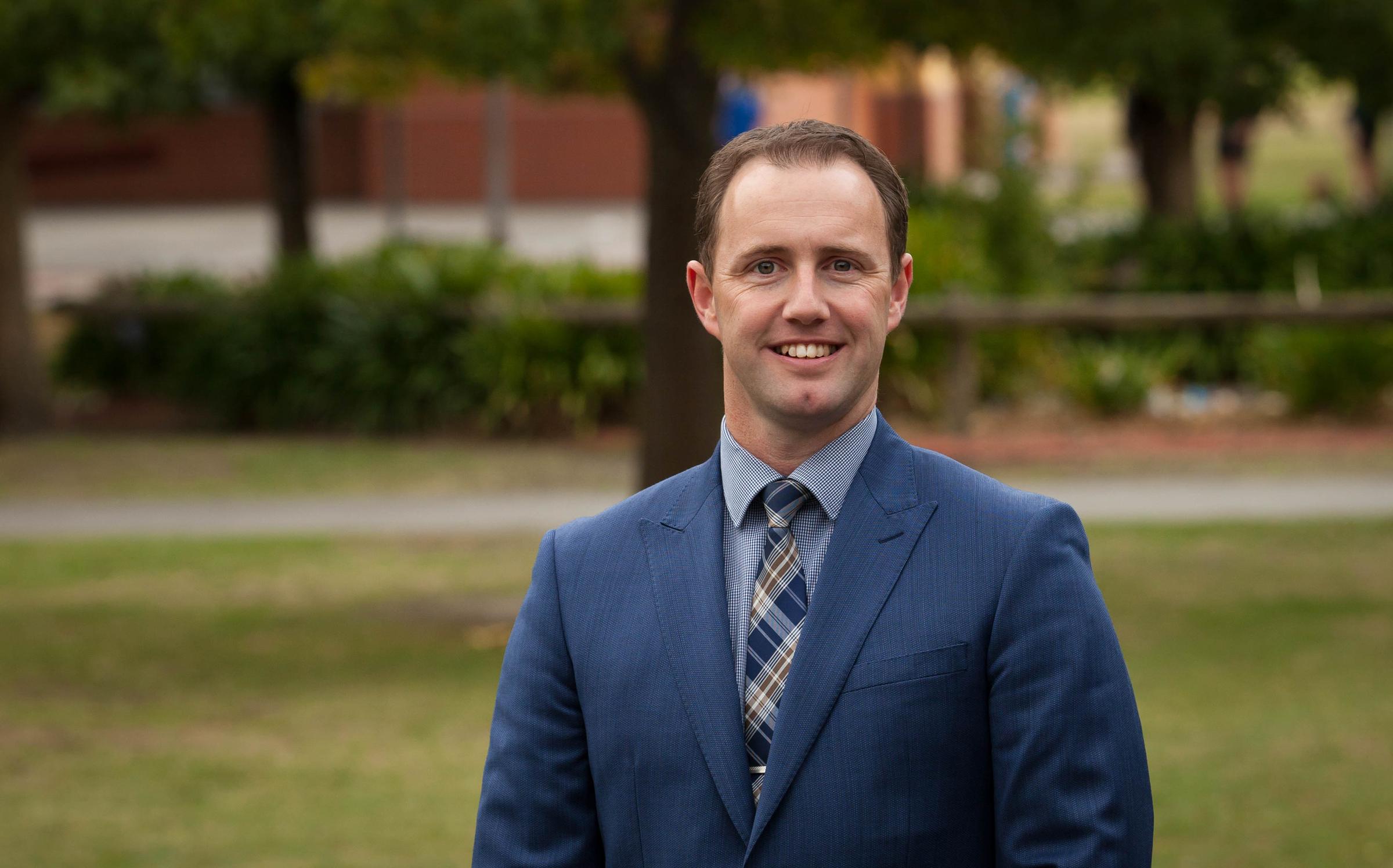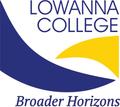Principals Report

Welcome back to our students, families and community for 2020.
Building on our great 2019, we are well underway with a positive start to this new year. I’ll share you with an update on a few key highlights and initiatives from our first month of school, including our new literacy support program, our reimagined library, our numeracy support program, our new student leadership structure, and the mobile phone ban. Lastly, I will share some insights from our four-yearly school review, which is occurring across February and March.
Welcoming our Year 7s
We started the year welcoming our students back with a whole school assembly, with a particular welcome to our 175 new Year 7s. As anticipated, our total enrolment increased for the first time in many years, now sitting at 895, up from 860 last year. Our Year 7s engaged in our orientation program and IT ‘boot camp’, to ensure they were able to navigate timetables, lockers and new classrooms – all the things students are nervous about when they first begin high school. We now have nearly all of our Year 7s with our new, consistent school-laptop device, which they were of course very excited to be able to use, but importantly, is already making a difference to the way teachers can teach within the classroom.
Reading and Literacy
Following staff training late last year and over the break, we have launched our new literacy support program this year. We have worked closely with our local primary schools to ensure we have the most current and up to date information regarding student literacy levels, and using a best-practice approach and world-leading resources (Fountas and Pinnell), to provide intensive support for students where their reading level is below their age-recommended level. Start with our Year 7s and growing over time, we have established tools to track, monitor and ensure every child is able to become a confident and capable reader. This combined with our independent reading program in Years 7 to 9, we are working with our students to create a love of reading – this in turn will strengthen our students’ ability to learn in all areas.
Reimagining our Library
To further support students learning in reading and literacy, we have reviewed our library practice. Led by our new Library Manager, Anne Stephens, we have begun redesigning some of our library spaces, and increased our library hours – the library is now open from 8am to 4pm, including recess and lunchtime, everyday. We have already seen an increase in student borrowing, and we’re excited about the benefits this will have for our students for years to come.
Numeracy Program
Led by our new Assistant Principal, Fiona Milkins, and our new Numeracy Learning Specialist, Kirsty Speirs, we have invested significantly in supporting teachers and students to build our students’ numeracy skills. We are taking a much stronger analytical and student-driven approach – working to ensure teaching and intervention supports are targeted specifically at the needs of our students. We know our students are coming into a classroom with a range of abilities, and thus we are working hard to ensure our high achieving students are challenged, and our students who have some gaps in their learning are well supported.
While it is not every students favourite time of year, NAPLAN is an incredibly accurate tool for informing us as to our students current strengths and gaps, and have value for us beyond the once-every-two-years national process. Over the next two weeks, we’ll be using the NAPLAN tool to screen all of our students in Years 7 to 9. As the NAPLAN tool covers all areas of Mathematics, we will have a comprehensive snapshot of our whole-school priority areas, as well as being able to feedback to every individual child about their strengths and areas to grow.
New Student Leadership Structure
We believe that all students should have the opportunity to have a say and influence the decisions in their school, and that strong student leadership is at the heart of any great school. Upon reflection in 2019, we felt we did not have enough opportunity for students to engage in student leadership, so we have redesigned our student leadership structure.
Our new structure is designed so that every homegroup (eg. 7A, 7B… through to 12A, 12B) will have a nominated student leader. These leaders will come together regularly in Mini-School groups (eg. Year 7 and 8 homegroup leaders), with the Year Level Coordinators and Mini-School Leader, to share and discuss ideas, suggestions and concerns. The Homegroup leaders can then liaise back to their homegroup, so all students are involved in the conversations.
Nominations have already been sought from home groups. Where there were multiple students in a homegroup interested in this role, the class has voted. We envisage that this role will change periodically, to enable a range of students to have the opportunity to lead at this level.
Mobile Phone Ban
I would like to thank the students, our families and community for the way in which they have engaged with and supported the mobile phone ban. We have had very few instances of indiscretion where we have had to remove a phone from a student, and in almost all of those cases, families have been very supportive.
Perhaps the more important feedback is that the vast majority of our students are reporting the mobile phone ban has been a really good thing – they’re feeling more relaxed at school, and are enjoying that students are talking to each other more. Personally, I’ve noted the yard looks much busier and active – on reflection, many of our students last year would sit in quiet spaces, either outdoors or in our study centres and common rooms, on their phones. It has been great seeing students out and about in the sunshine on a daily basis. Thank you again to all of our families for your ongoing support.
School Review
Some in our school community may be aware – all schools must undergo a strategic review every four years. I have been involved in many of these type of reviews in my time, and always find them a very positive experience. Ours commenced last fortnight, and there has been a flurry of activity as we’ve sought feedback from a wide range of students, staff and our school council. The school review starts broadly – we obtain feedback and insights on a whole range of things people love about our school, and the things they feel we need to improve. We then analyse that feedback, and begin to identify key themes, which we then dig into further.
Our key themes so far include:
- How can we better support students and teachers to ensure learning is targeted to student needs in classes which typically have diverse abilities.
- How can we better ensure our student support services (including wellbeing, reengagement programs, and literacy and numeracy interventions) best meet the needs of our students.
- How do we work collectively within the school to increase consistency in a range of areas (eg. How do we make ‘best-practice’, common-practice).
A key stakeholder group is of course parents and our community. In the coming weeks, I’ll be seeking feedback from parents and our broader community. Keep an eye out on the Compass Newsfeed and on the college Facebook page for more information. There will be an opportunity to provide feedback online, or attend a parent focus group in about a fortnight’s time.
Thank you again for your ongoing support. We hope, like us, you’re looking forward to an exciting year of growth for our college, and for each and every individual child.
Adam Hogan
College Principal
